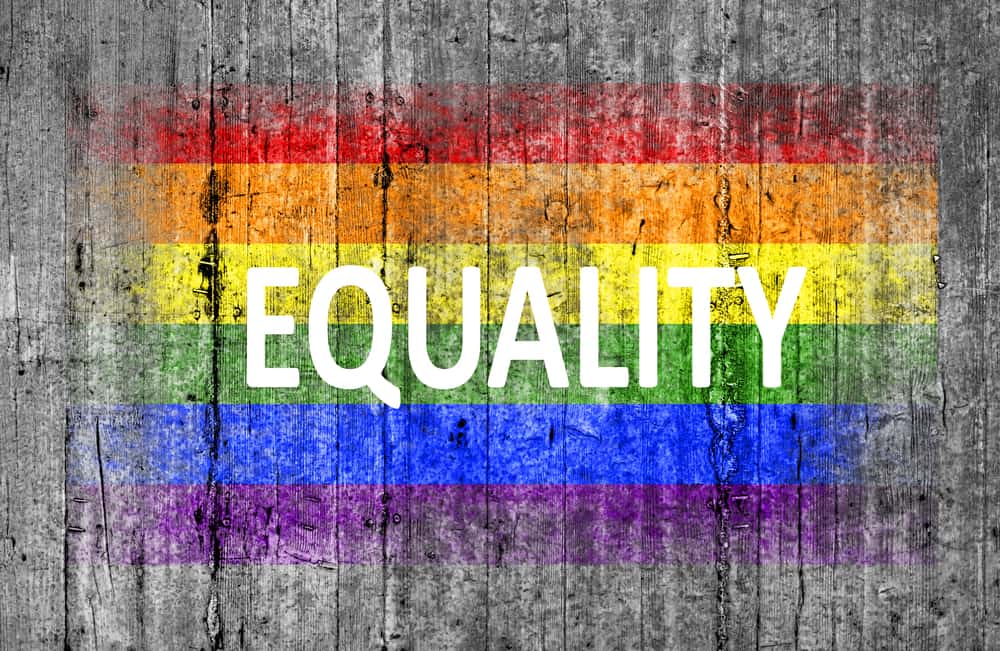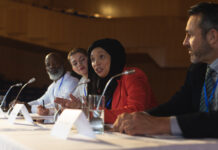
Even though the hospitality industry continues to diversify to accommodate a broader audience, state laws, travel bans and boycotts still make it difficult for everyone to feel welcome at an event or destination.
With his expertise in LGBT tourism, Jeff Guaracino—president and CEO of Welcome America Inc., a nonprofit organization that produces citywide events for the city of Philadelphia; author of “Gay and Lesbian Tourism: The Essential Guide for Marketing;” and co-author of “Handbook of LGBT Tourism and Hospitality”—addresses considerations for meeting planners organizing LGBT meetings.
Throughout the years, how has the meetings industry changed to accommodate the LGBT community?
First, it was acknowledged that we do meet. There are LGBT meetings, conventions and groups. And it is not controversial to host one of these groups. Second, there are LGBT people and allies in every meeting, group and convention, so how are you ensuring that everyone feels welcome, safe and included? Lastly, smart suppliers are already ahead of the game in the millennial market, which shows a proven affinity for including the LGBT community that continues to be shunned by some states like North Carolina.
What are the top three things meeting planners should consider when organizing LGBT events?
The first is to ensure whether or not the supplier is authentically invested in the market segment or just trying to make a fast buck. Ask them what makes them experienced in serving the LGBT meeting guests’ needs, desires and wants. This can range from staff diversity training to a strong local connection to the LGBT community, including experience in small groups and leading to larger groups.
Second, what is the purpose of the event, who does it serve and how can it enhance the value of the group and/or supplier? Realistically, what is this meeting trying to accomplish and how can you creatively tap into the energy of LGBT groups?
The third is value. The boom in same-sex weddings has been great for the short-term business bringing a major event to a hotel, for example. Short-window business is highly coveted and brings with it many benefits (like immediate consumption of room nights or F&B revenue). That has a strong value to the supplier, and therefore, the consumer should reap some reward like incentive pricing, extra value to the clients and a win-win scenario.
With your expertise in marketing to the LGBT community, what is your No. 1 piece of advice for meeting planners?
Successful LGBT meetings are good for business, good for the soul and good for the world. As this segment moves into a stronger position in terms of ROI, competitiveness and also meeting diversity inclusion policies, the meeting planner can be a powerful advocate to help nurture this segment. Just like other segments, it can grow into a much larger, stronger, reliable, and loyal piece of business.
How do you think the meetings industry as a whole could improve in accommodating the LGBT community?
The first is that the travel industry must stand up to regressive and repressive so-called Religious Freedom Laws, which is outright discrimination. Look at North Carolina. Their hospitality will hurt for years from the direct impacts of lost meetings, groups and sporting events. Think of how many meetings will never happen there because businesses decided not to expand or choose to specifically ban travel to North Carolina. Think about the threat to New Orleans tourism when a similar (and failed) attempt at Religious Freedom Laws was attempted in Louisiana. Our industry must remain vocal at any attempt to tell anyone that they are not welcomed. You will be surprised how many people will hear that message and never ever visit or use your product.










